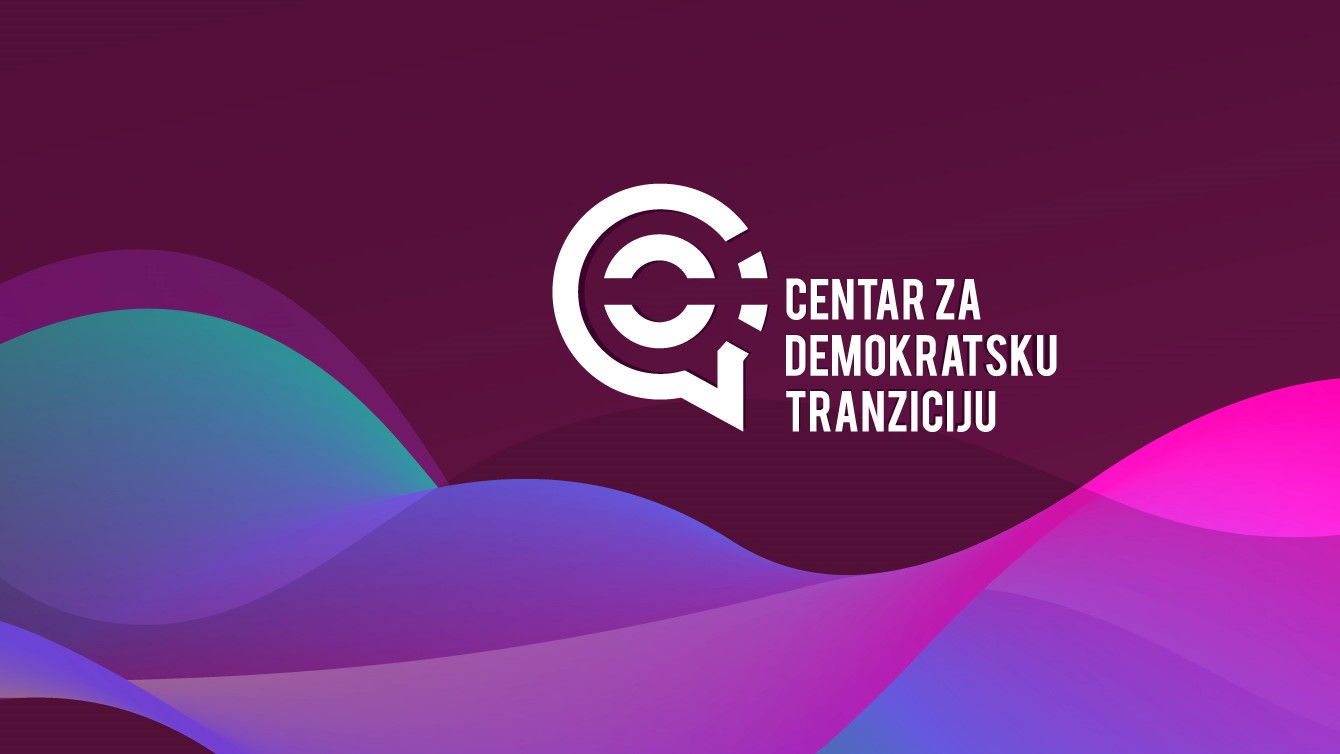The targeting of journalists and civil society organizations is not only about attacks against individuals doing their jobs; it strikes at the core of fundamental human rights and the bedrock principles of a democratic society.
Both media and civil society organizations have the role of public watchdogs – actors that critically scrutinize the work of institutions, expose abuses, and demand accountability. In a society aspiring to democratic progress, they must not be targets but rather partners in upholding the public interest. An attack against them indicates not only institutional weakness but also sends out a political signal that attempts are being made to curb independence, critical perspectives, and public engagement.
These freedoms transcend a national issue – they are clearly defined and safeguarded by international standards, including the European Convention on Human Rights. Freedom of expression, freedom of association, and the operation of non-governmental organizations are standards that Montenegro is not only bound to uphold but has also enshrined in its constitution.
However, the reality on the ground tells a different story. European Commission reports consistently note a stagnant state regarding media freedom, journalist safety, and the environment in which the civil sector operates. This is clearly manifested through deliberate targeting, abuses of the judicial system, financial pressures, and public discredit. All of these actions point to a systematic pattern of constricting the space for public action.
The environment where critical voices are increasingly subjected to systematic attacks is shaped by institutional pressures, the abuse of the judicial system, targeting via media affiliated with certain political structures, and orchestrated disinformation campaigns.
The examples provided further in this report should be understood in this light, as they vividly illustrate how attacking one actor sends a message to all: that expressing criticism comes at a price.
Full report is available here.
This text was created with the support of the regional project SMART Balkan – Civil Society for a Connected Western Balkans, implemented by the Center for Civil Society Promotion (CPCD), the Center for Research and Policy Making (CRPM), and the Institute for Democracy and Mediation (IDM), and financially supported by the Ministry of Foreign Affairs of the Kingdom of Norway.
The content of the text is the sole responsibility of the author and does not necessarily reflect the views of the Center for Civil Society Promotion, the Center for Research and Policy Making (CRPM), the Institute for Democracy and Mediation, or the Ministry of Foreign Affairs of the Kingdom of Norway.


